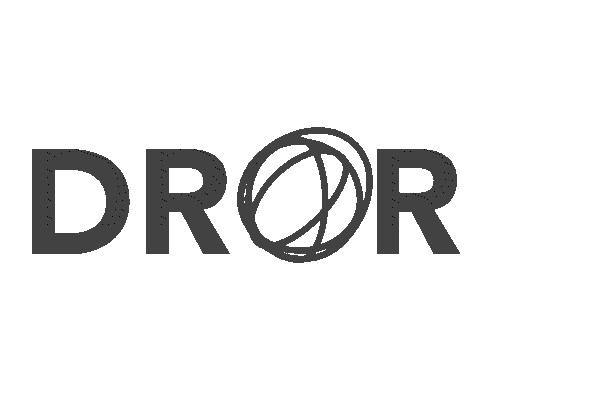Media Ethics & Vaccine Mandate
- Dror Margalit
- Sep 12, 2021
- 3 min read
Updated: Sep 14, 2021
Contemporary media have many issues. To name a few, we have the spread of misinformation, the surveillance state, media use to gain power. Some of these examples have immoral consequences that, I believe, need to be addressed in court. Others present ethical dilemmas that have to do with conflicts between rights or values and require the process of asking why things are right or wrong. And this is why it is so important to investigate media ethics in our times.

One of the most discussed ethical debates on media this week was whether President Biden’s decision to mandate federal employees to get the COVID-19 vaccine was ethical. It presented a conflict between individuals’ right to control the substances they consume and the dangers of the Coronavirus to the public’s health. This ethical dilemma is highly related to the current media environment, we understand how, let us discuss the factors of this ethical deliberation.
The action (or dilemma) is clear: is mandating the COVID-19 vaccine is ethical? The motive, on the other hand, is where things begin to be more complicated. The pro-vaccine-mandate side believes that the benefits of the COVID-19 vaccine exceed the issues regarding individuals’ rights on their bodies. On the con-vaccine-mandate side, we see selfish reasoning about individuals’ right to control what they consume. They rely on misinformation to convince themselves in lies such as that the virus is not dangerous, the vaccine was invented to insert chips to track people, and more.
As mentioned, the consequences of each decision have to do with the public’s health or individuals’ rights. And, it is worth mentioning the anti-vaxxers might see taking the vaccine as a threat to their health (based on misinformation). Lastly, the context of this dilemma is important as it takes place in the midst of a pandemic unlike our generation has ever experienced, and it is regarding a new vaccine, which uses a technology that was never used in vaccines before. That said, large-scale studies proved that the vaccine is safe, and the U.S. Food and Drug Administration approved it permanently. Now, how does it related to media ethics?
One does not need to be an ethics expert to see that the way I staged this ethical dilemma was highly biased (which is one of the critiques of the study of ethics). Calling the anti-vaxxers selfish who relay misinformation does not leave a fair opportunity for ethical deliberation. I staged it that way because I believe that President Biden’s decision to mandate vaccination is the less interesting ethical dilemma that we have witnessed this week, as the value of lives is higher than any other value. The more interesting ethical dilemma here has to do with the subjectivism and cultural relativism complications of media ethics that were exposed during the vaccine and the virus debates. Different people and different cultures value ethics differently. The problem regarding vaccines is that people rely on different sources of information to determine what is true. I would not want anyone who believes in different ideals than I do to force them on me, so who am I to force my truth on others?
Contemporary media enlarge the scale of free speech and enable us to share ideas globally instantly. People can communicate, share their voices, and gain knowledge as never before. However, today’s information systems and social media prioritize one’s interests over the content’s accuracy. This makes it easier for people to distribute lies and makes it harder to determine reliable sources. Therefore, one of the most interesting ethical dilemmas regarding media today is whether instant global connectivity and large-scale freedom of speech exceed the dangers of the spread of misinformation.




Comments